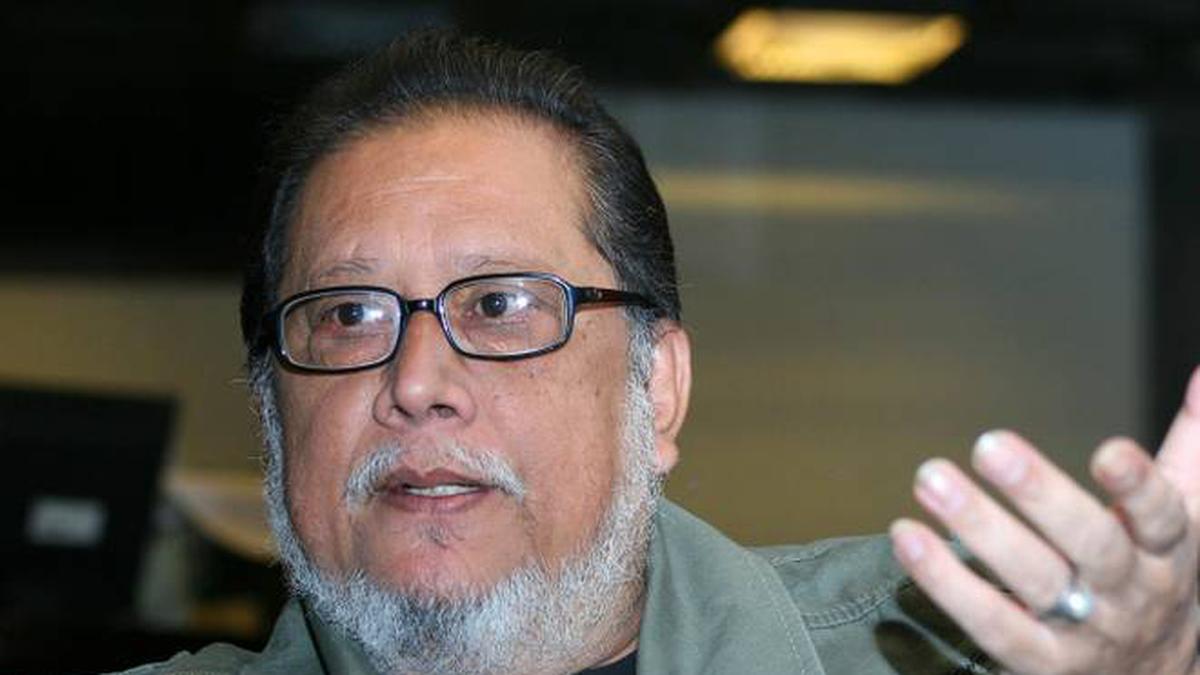
Ratan Thiyam. File
| Photo Credit: Special arrangement
Manipur’s noted theatre personality Ratan Thiyam, one of the pioneers of the Theatre of Roots movement in India, passed away in Imphal on early Wednesday (July 23, 2025) morning. He was 77.
The late Thiyam was known globally for writing and staging plays that used ancient Indian theatrical traditions with modern themes. The infusion of Manipuri art forms gave his plays such as Chakravyuha and Ritusamharam a distinctive flavour.
Also Read | Drama in the time of bigotry: theatre director and poet Ratan Thiyam
Awarded the Padma Shri in 1989, he served as the vice-chairman of Sangeet Natak Akademi before a five-year stint as the chairperson of the National School of Drama.
Former Manipur Chief Minister Nongthombam Biren Singh was among several leaders who mourned the passing of one of the country’s leading contemporary theatre gurus.
“It is with deep sorrow that I express my heartfelt condolences on the passing of Shri Ratan Thiyam, a true luminary of Indian theatre and an esteemed son of Manipur. His unwavering dedication to his craft, his vision, and his love for Manipuri culture enriched not only the world of theatre but also our very identity,” Mr Singh posted on X.
Also Read | Bringing Adivasi’s art to centrestage
He said the work of Thiyam carried the soul of Manipur, echoing its stories, its struggles, and its beauty. Manipur Bharatiya Janata Party president Adhikarimayum Sharda Devi also mourned the demise.
“A towering figure in the world of theatre, he was the only individual from the region to have held the prestigious position of Director at the National School of Drama. Recipient of numerous accolades… Thiyam’s contribution to art, culture, and literature will forever be remembered,” she wrote on X, conveying her condolences to the bereaved family, friends, and the artistic fraternity on behalf of her party.
Nagaland BJP leader Mmhonlumo Kikon said the late Thiyam was the Eugène Ionesco of India, and he left behind a “legacy which is difficult to fill.”
Published – July 23, 2025 11:06 am IST



